Mass tragedies like school shootings eventually fade from view, but the pain they cause doesn’t go away for friends and families of the victims. Recently, in just over a week, three people who lost loved ones in mass shootings took their own lives. Two of the victims were teen survivors of the Marjory Stoneman Douglas High School shooting in Parkland, Florida, and one was the father of a Sandy Hook victim in Newton, Connecticut.
Survivors of mass tragedies are often more prone to depression and suicidal thoughts because of survivor’s guilt. Survivors often think that what they’re doing isn’t good enough, big enough or meaningful enough. They feel they’re not deserving.
These feelings can quickly spiral into depression and suicidal thoughts. Children are especially at risk of hurting themselves because their brains aren’t developed enough to limit impulsiveness.
“I think people are forever changed by these experiences, and the degree to which they’re changed varies from person to person, but it becomes part of who they are,” says child psychologist Eleanor Mackey, Ph.D.
Kids can’t be expected to easily bounce back from trauma, and it’s important for them to talk to mental health professionals and for parents to monitor them after a tragic event.
Signs of depression include:
- Withdrawal
- Irritability
- Change in sleep patterns
- Changes in eating habits
If you notice any of these changes in your child, take it very seriously, stop to ask them questions and, if necessary, seek professional help.
 https://riseandshine.childrensnational.org/wp-content/uploads/2025/02/father-comforting-son-feature.jpg
300
400
Rise and Shine
https://riseandshine.childrensnational.org/wp-content/uploads/2017/11/childrens_riseandshine_logo.jpg
Rise and Shine2025-02-03 11:21:542025-02-03 11:21:54How to talk to kids about traumatic events
https://riseandshine.childrensnational.org/wp-content/uploads/2025/02/father-comforting-son-feature.jpg
300
400
Rise and Shine
https://riseandshine.childrensnational.org/wp-content/uploads/2017/11/childrens_riseandshine_logo.jpg
Rise and Shine2025-02-03 11:21:542025-02-03 11:21:54How to talk to kids about traumatic events



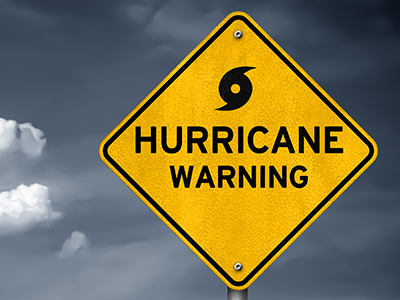

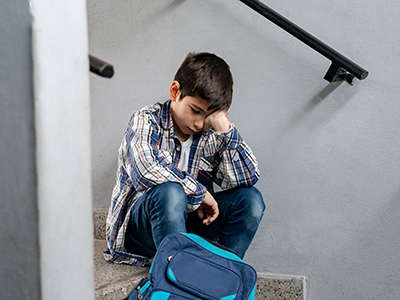
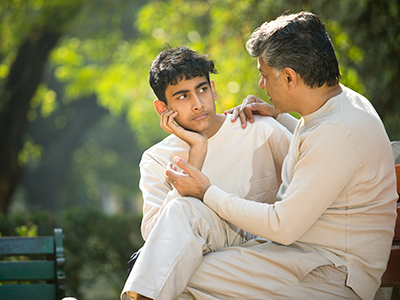

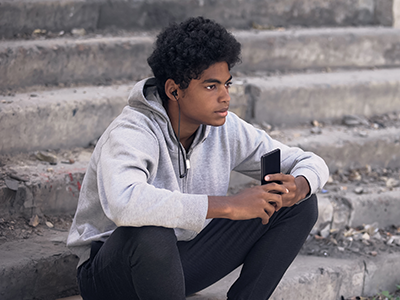

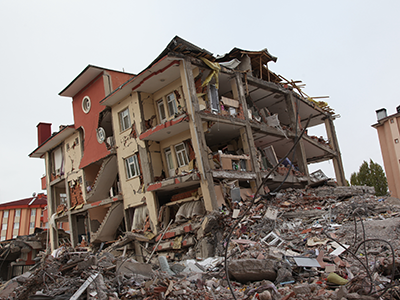


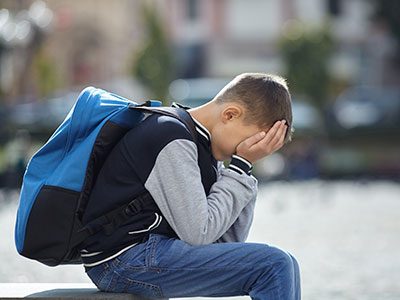
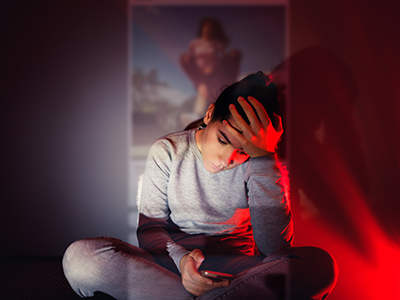
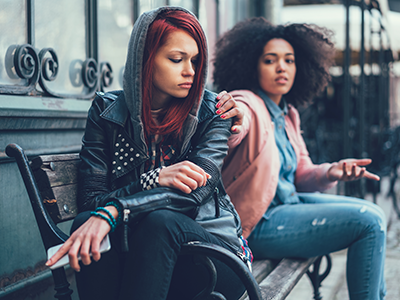
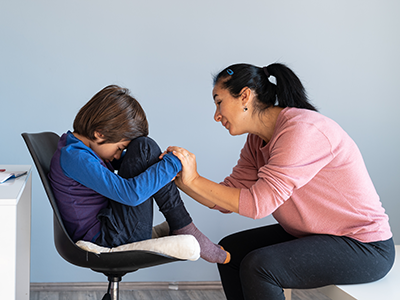
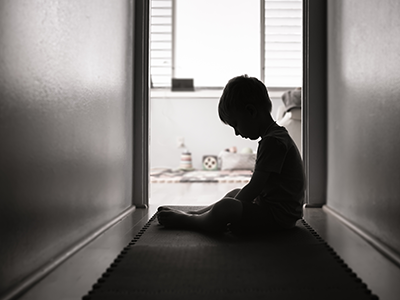
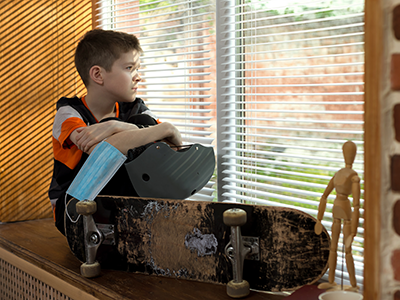
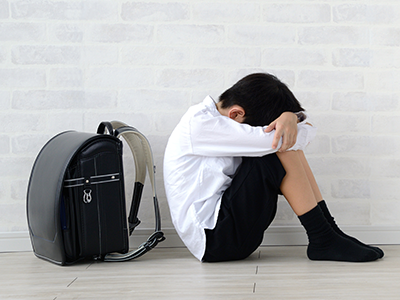
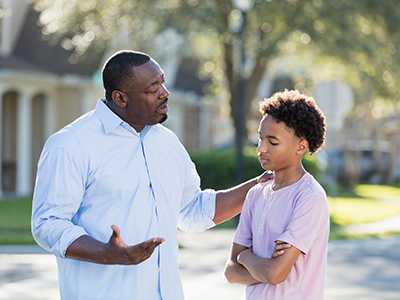
Leave a Comment
Want to join the discussion?Feel free to contribute!